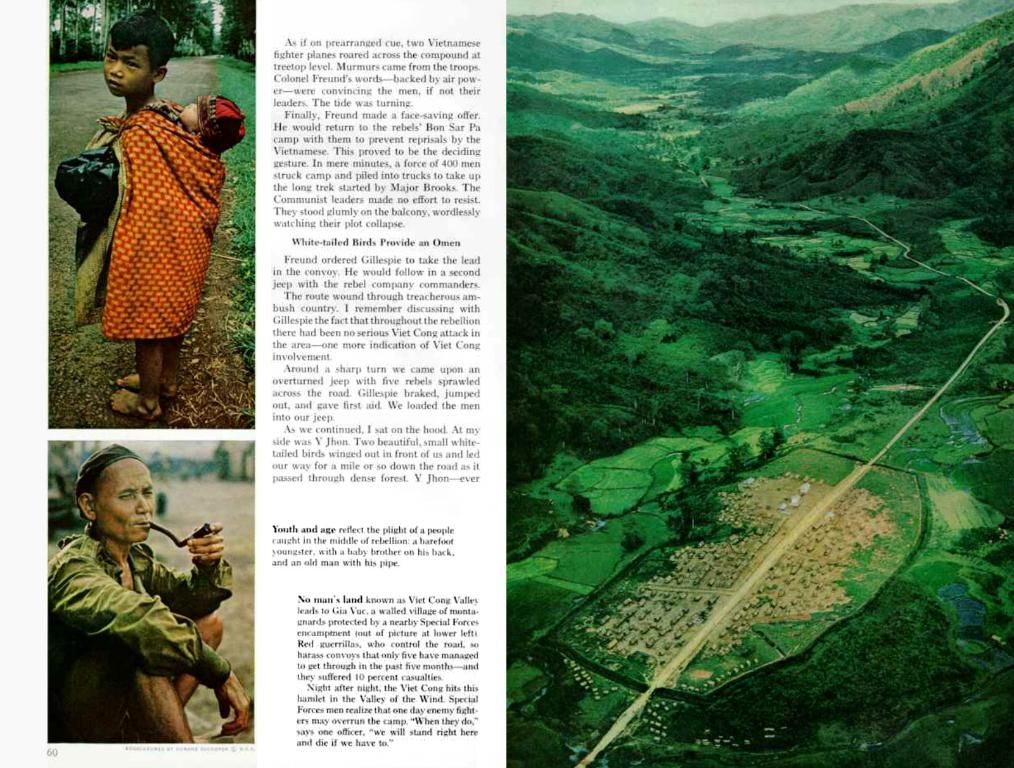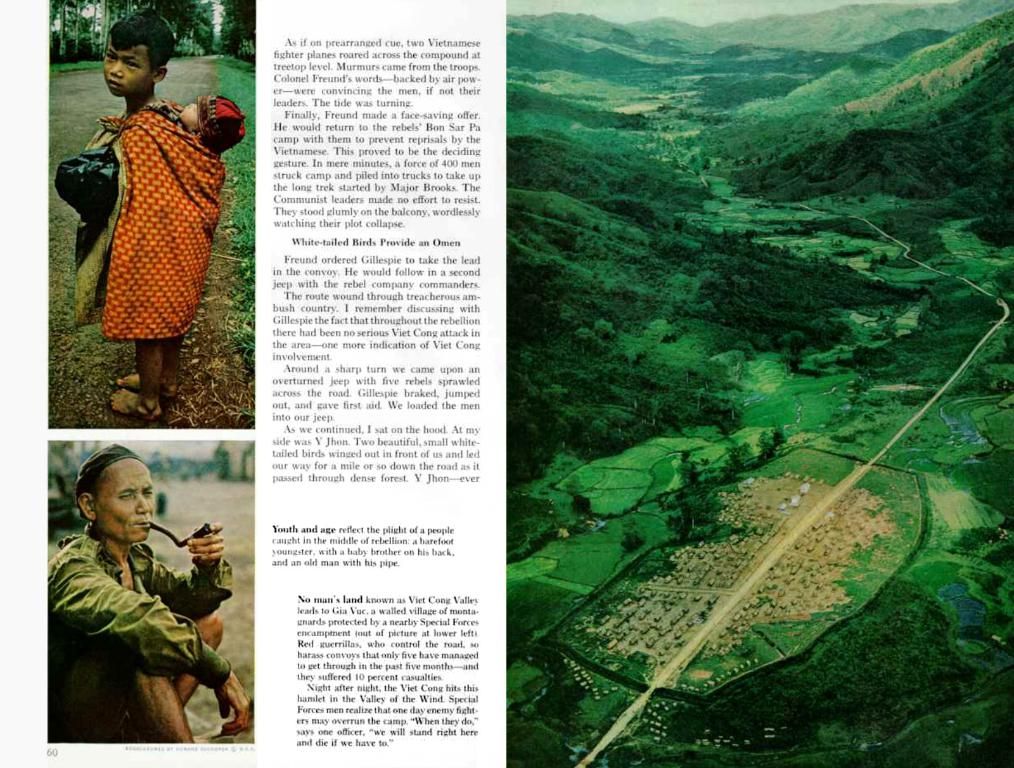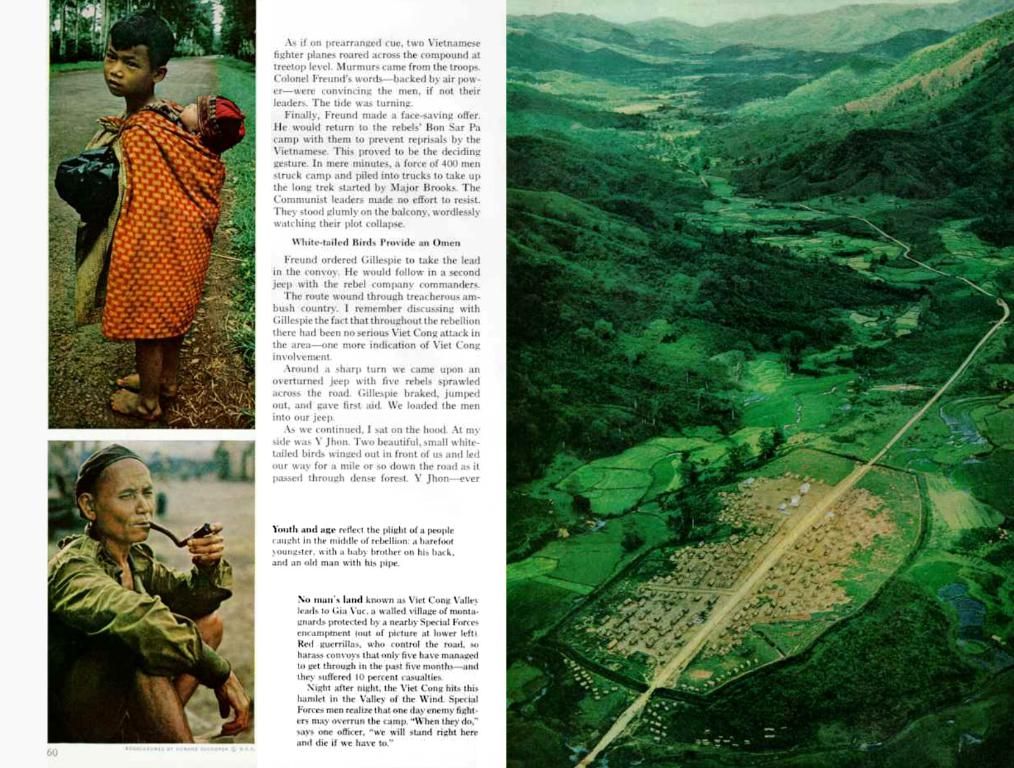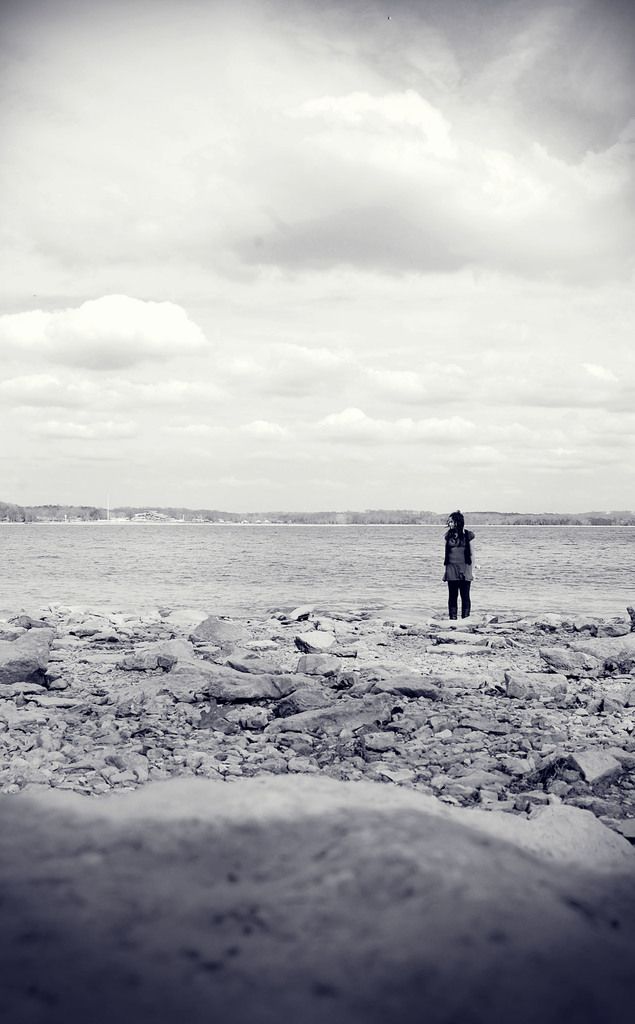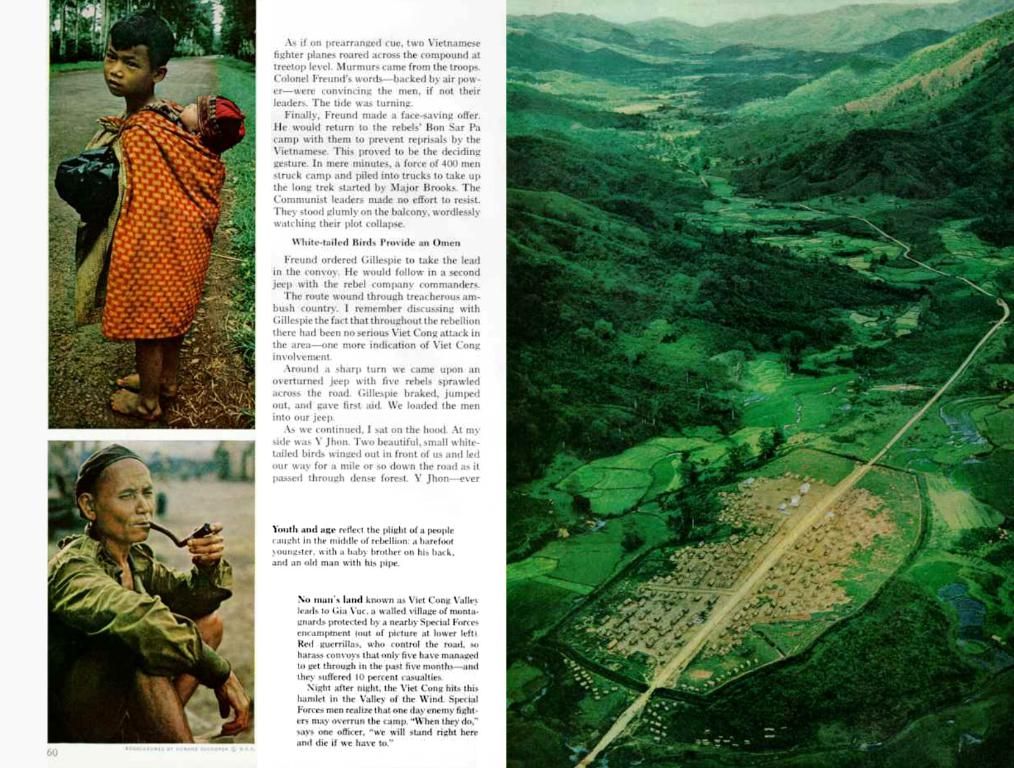Elderly South Korean female free divers, renowned as "sea women," continue to plunge into the ocean even in their 80s, a recent investigation suggests possible explanations.
Women of South Korea's Jeju Island, renowned as the Jeju Haenyeo or "women of the sea," possess a unique genetic profile that aids their extraordinary freediving abilities. A recent study in the journal Cell Reports has identified distinct genes in these women linked to their high tolerance for cold water and lowered blood pressure during diving.
The Jeju Haenyeo typically begin diving for seafood at the age of 15, collecting abalone, sea urchins, and octopuses. According to UNESCO, they work for up to seven hours a day for around 90 days of the year, and continue the practice well into their 80s, even while pregnant.
For Melissa Ilardo, geneticist at the University of Utah, it is "mind-blowing" to see these women maintaining such high levels of athleticism in older age. She led a research team investigating the genetic basis for the Haenyeo's cold water tolerance and diving stamina.
Compared to mainland South Koreans, women from Jeju Island carried a higher percentage of a variant of the gene for sarcoglycan zeta, which may help them endure cold temperatures more efficiently. This protein, found in smooth muscles, influences sensitivity to coldness.
Additionally, about one-third of the Haenyeo, regardless of whether they dive or not, carried a gene variant responsible for Fcγ receptor IIA, a protein that may help regulate blood vessel responses to inflammation. This gene variant may assist in lowering diastolic blood pressure during diving.
During a simulated dive, Jeju women showed lower diastolic blood pressure than their mainland counterparts while carrying the Fcγ receptor IIA gene variant, suggesting this gene may help protect them from complications associated with diving-induced hypertension.
The research by Ilardo's team sheds light on the haenyeo's physiological adaptations, potentially providing insights into treating chronic diseases related to high blood pressure and cardiovascular health. Understanding these traits could have broader implications in terms of coping with conditions that climate change might trigger in the future.
Related studies have shown that another population of freedivers, the Bajau people in Indonesia, have genetic adaptations that allow them to thrive in warm-water environments. Researchers believe that similar genetic adaptations may be shared by other populations exposed to extreme conditions.
This research underscores the importance of studying and understanding adaptations to extreme environments, not just in the haenyeo of Jeju Island, but in other populations around the world. By studying how different groups respond to these stressors, scientists may uncover strategies to help people better cope with the challenges they face in an ever-changing environment.
Science has uncovered unique genes in the Jeju Haenyeo, women of South Korea's Jeju Island, that contribute to their exceptional fitness-and-exercise capabilities and women's-health adaptations, particularly in the areas of health-and-wellness, environmental-science, and diving. The findings from Melissa Ilardo's research team, as published in the journal Cell Reports, suggest that these adaptations could lead to new treatments for chronic diseases associated with high blood pressure and cardiovascular health, as well as provide insights into coping strategies for conditions triggered by climate change.

